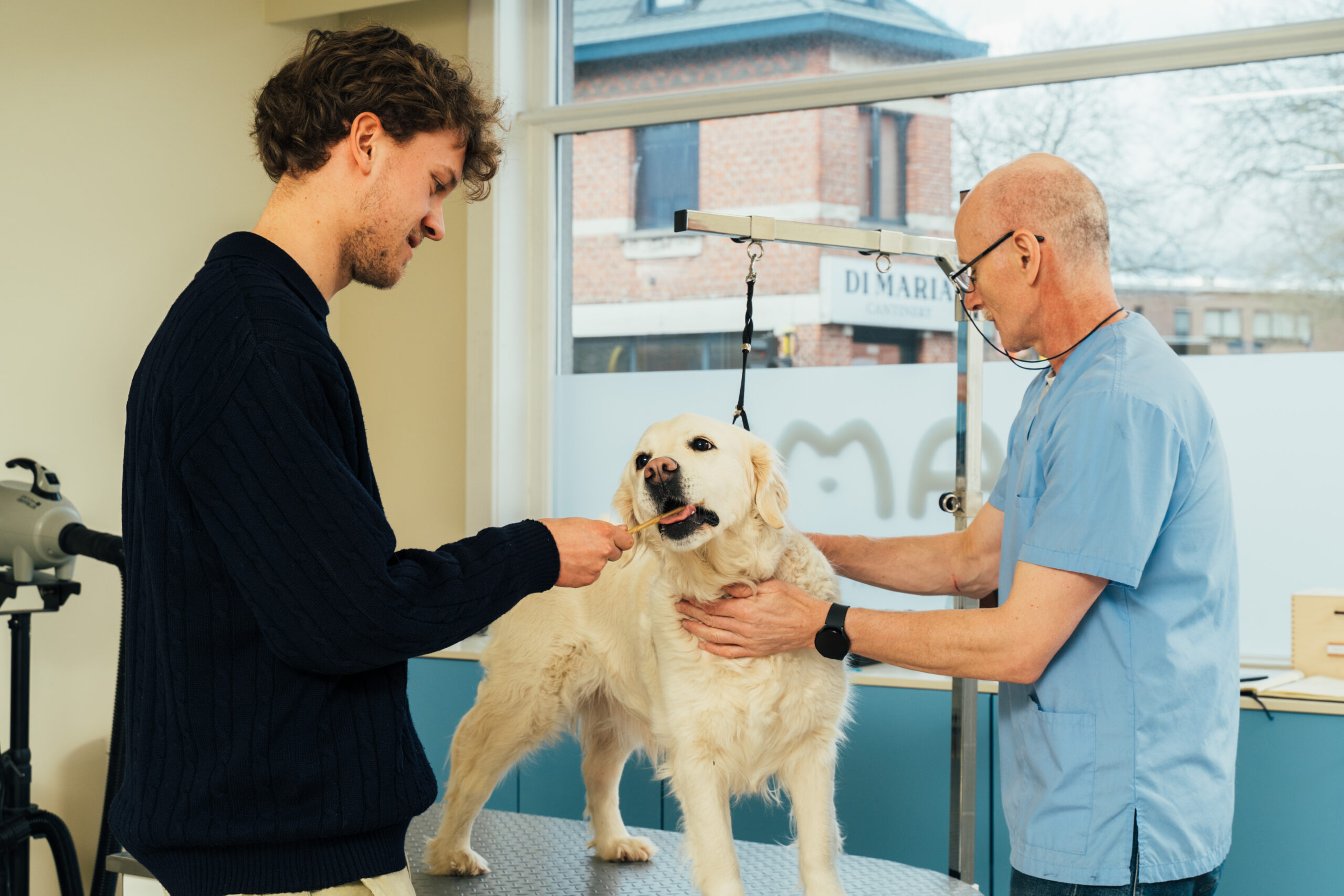
Feeding your dog a balanced diet is essential for their overall health, energy levels, and longevity. While some human foods are highly beneficial, others can be dangerous or even toxic. Understanding what your dog can and cannot eat is key to ensuring their well-being and avoiding serious health risks.
A well-balanced diet for dogs should include high-quality proteins, healthy fats, fiber, vitamins, and minerals. Lean meats such as chicken, turkey, beef, and lamb, when cooked without seasoning or bones, provide essential proteins. Fish like salmon and sardines offer omega-3 fatty acids, which promote a healthy coat and support joint health. Eggs are another great source of protein but should always be cooked to avoid biotin deficiency. Some dairy products, like plain yogurt and cottage cheese, can be beneficial for digestion, but only if your dog tolerates lactose.
Vegetables are an important source of nutrients. Carrots help maintain dental health and are rich in beta-carotene. Green beans, zucchini, and cucumbers provide hydration and fiber, while broccoli contains valuable vitamins but should be given in small amounts to prevent digestive upset.
Fruits can also be a healthy addition to your dog’s diet. Apples, with the seeds removed, are a great source of fiber and vitamins. Blueberries are packed with antioxidants that support immune function. Watermelon, as long as it is seedless and without the rind, is a refreshing and hydrating treat, while bananas can be offered in moderation due to their high sugar content.
While carbohydrates are not always necessary in a dog’s diet, some can provide energy and fiber. Brown rice and quinoa are easily digestible options for dogs with sensitive stomachs. Sweet potatoes and pumpkin are rich in fiber and can support gut health, aiding digestion.
Healthy fats play a crucial role in maintaining skin and coat health. Salmon, sardines, flaxseed oil, and olive oil all contribute to a shiny coat and improved cognitive function.
Certain foods that are safe for humans can be extremely harmful to dogs. Chocolate and caffeine are among the most well-known toxins for dogs, containing theobromine, which affects the nervous system and can lead to vomiting, diarrhea, increased heart rate, seizures, and even death.
Grapes and raisins, even in small amounts, can cause sudden kidney failure, though the exact toxic compound remains unknown.
Onions, garlic, and chives contain compounds that damage red blood cells, potentially leading to anemia. Even small amounts, particularly over time, can be harmful.
Alcohol is highly toxic to dogs and can cause neurological and respiratory distress, while raw dough with yeast can expand in a dog’s stomach, leading to bloating and alcohol poisoning.
Xylitol, an artificial sweetener found in sugar-free gum, candy, and some peanut butter brands, can cause a rapid release of insulin, leading to dangerously low blood sugar, seizures, liver failure, and even death.
Avocados contain persin, a toxin that can cause digestive issues, vomiting, and diarrhea in dogs.
Macadamia nuts are also highly toxic and can result in weakness, tremors, vomiting, and lethargy.
Cooked bones pose a serious risk, as they can splinter and cause choking, intestinal blockages, or even punctures in the digestive tract.
Dairy products should be given cautiously, as many dogs are lactose intolerant and may experience bloating, gas, or diarrhea.
Raw meat and fish can be fed as part of a raw diet, but they must be handled carefully to avoid harmful bacteria and parasites that could cause food poisoning.
Providing a healthy diet means selecting high-quality proteins, safe vegetables, and healthy fats while avoiding toxic foods. Portion control is just as important as the type of food given, as obesity can lead to numerous health problems. Fresh water should always be available, and treats should be given in moderation. If you’re unsure about a specific food or if your dog has dietary restrictions due to age, breed, or medical conditions, consulting a veterinarian is always recommended!
At Wami Grooming, we believe that a well-fed dog is a happy and healthy dog. If you want expert advice on keeping your dog’s coat and overall well-being in top condition, book a grooming session and give your furry friend the care they deserve!